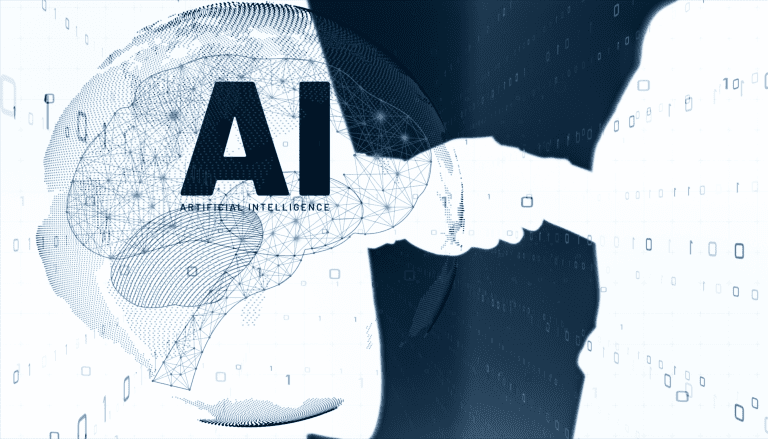Hiring bias is one of the biggest challenges in recruitment. Whether conscious or unconscious, biases can significantly affect hiring decisions, often leading to a lack of diversity in the workplace and missed opportunities for talented candidates. In an age where businesses are striving for inclusivity and fairness, HR management software has emerged as a game-changer in creating an unbiased and fair recruitment process.
Understanding Hiring Bias
Before we dive into how HR management software can help, it’s essential to understand hiring bias. Bias in hiring happens when recruiters or hiring managers make decisions influenced by factors unrelated to a candidate’s qualifications, skills, or experience. This can be due to stereotypes, cultural background, gender, ethnicity, or even the candidate’s name.
Unconscious bias is particularly tricky because recruiters may not even realize they are making unfair judgments. Even the most well-intentioned professionals can be affected by these biases, which is why technology is now stepping in to assist with objective hiring.
How HR Management Software Eliminates Bias
HR management software has revolutionized the way companies hire, making recruitment more objective, data-driven, and inclusive. Here’s how it helps:
1. Automated Resume Screening
One of the primary areas where bias occurs is during resume screening. Traditional resume screening is often manual, meaning human judgment plays a significant role. Unfortunately, this also means personal biases can come into play. HR management software uses artificial intelligence (AI) and machine learning algorithms to analyze resumes based on skills, experience, and qualifications rather than personal details.
AI-powered screening tools can remove personally identifiable information such as names, ages, and genders to ensure hiring managers evaluate candidates purely on merit. This allows businesses to focus on talent rather than irrelevant demographic factors.
2. Structured Interview Processes
Interviewing is another stage where bias can creep in. Interviewers may subconsciously favor candidates who share similar backgrounds, interests, or personalities. HR management software provides structured interview templates and predefined evaluation criteria to ensure all candidates are assessed on the same scale.
By standardizing interview questions and scoring methods, companies can minimize subjectivity and ensure that hiring decisions are based on skills and job-relevant competencies rather than personal preferences.
3. Data-Driven Hiring Decisions
HR management software provides valuable analytics and insights into the hiring process. By tracking hiring patterns, candidate selection trends, and employee performance post-hiring, businesses can identify and correct any recurring biases.
For instance, if data shows that a specific demographic group is consistently being overlooked despite having strong qualifications, HR teams can take corrective actions to address the issue. The ability to analyze hiring trends empowers organizations to make informed decisions that promote diversity and inclusion.
4. Blind Recruitment Features
Blind recruitment is a technique that removes personal identifiers from resumes and applications, allowing hiring managers to evaluate candidates solely based on their skills and experience. Many modern HR management software solutions come equipped with blind recruitment features, ensuring a completely fair selection process.
This feature is particularly useful in industries where hiring bias has been a longstanding issue. Companies that use blind recruitment often report increased diversity in their workforce and improved overall job performance.
5. AI-Powered Job Descriptions
The language used in job descriptions can unconsciously discourage certain groups from applying. Studies have shown that certain words or phrases in job postings can attract or deter specific demographics. HR management software can analyze job descriptions and suggest changes to ensure they are inclusive and appealing to a broader audience.
For example, gender-neutral language and more inclusive wording can encourage a diverse pool of applicants, helping businesses attract top talent from all backgrounds.
6. Performance-Based Assessments
Instead of relying solely on resumes or interviews, HR management software enables companies to implement performance-based assessments. These assessments evaluate candidates based on real-world tasks or simulations that are relevant to the job.
This method removes bias by focusing purely on a candidate’s ability to perform the required tasks rather than their educational background, previous employers, or other potentially biased factors. Performance-based hiring ensures that the best candidates are selected based on actual skills and competencies.
7. Continuous Bias Monitoring and Training
A significant advantage of HR management software is that it doesn’t just stop at recruitment; it continuously monitors and improves hiring practices. Many software solutions offer bias detection tools that alert HR teams when biased hiring patterns emerge.
Additionally, these platforms provide training modules to educate recruiters and hiring managers about unconscious bias and how to mitigate it. This ensures a long-term commitment to fair hiring practices rather than just a one-time fix.
The Role of HR Management Software in Modern Recruitment
The role of technology in hiring is more critical than ever. Businesses that adopt HR management software not only enhance efficiency but also contribute to a more inclusive workplace.
Solutions like Happy HR integrate various tools to streamline recruitment while ensuring fairness and transparency. With features like AI-powered resume screening, blind recruitment, and structured interview processes, companies can significantly reduce hiring bias and build more diverse teams.
Moreover, modern HR software fosters a culture of accountability by providing data-driven insights that help organizations track their progress in achieving unbiased hiring practices.
Final Thoughts
Hiring bias has been a longstanding issue in the recruitment industry, but technology is finally offering practical solutions to tackle it head-on. HR management software is a game-changer in promoting fair recruitment by automating processes, removing personal biases, and ensuring that hiring decisions are made based on skills and merit.
For companies looking to create a more diverse and inclusive workforce, investing in HR management software is a step in the right direction. With the right tools in place, businesses can ensure they are hiring the best talent while fostering an equitable and inclusive work environment.
Guest writer


























